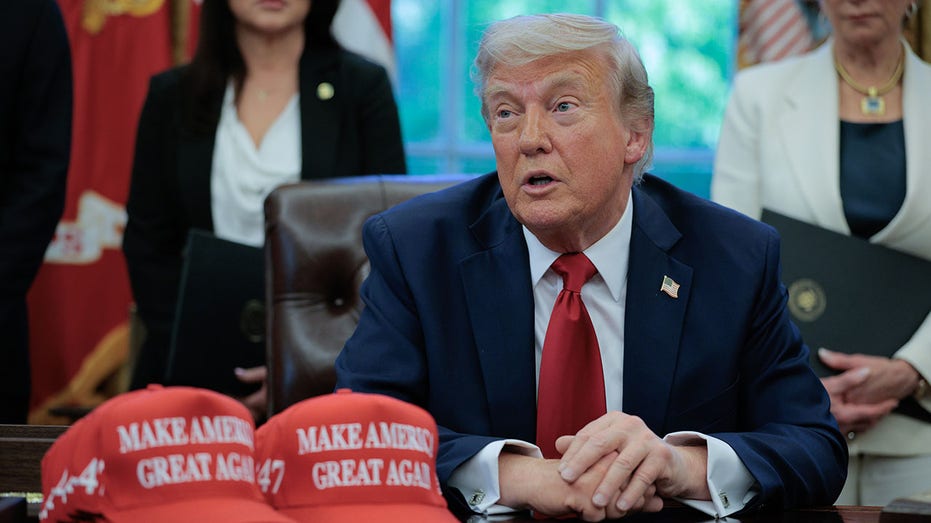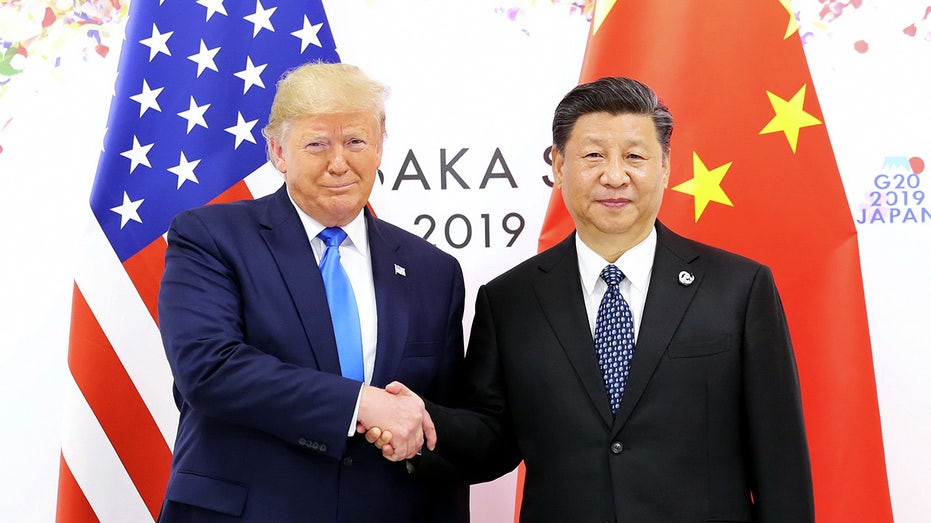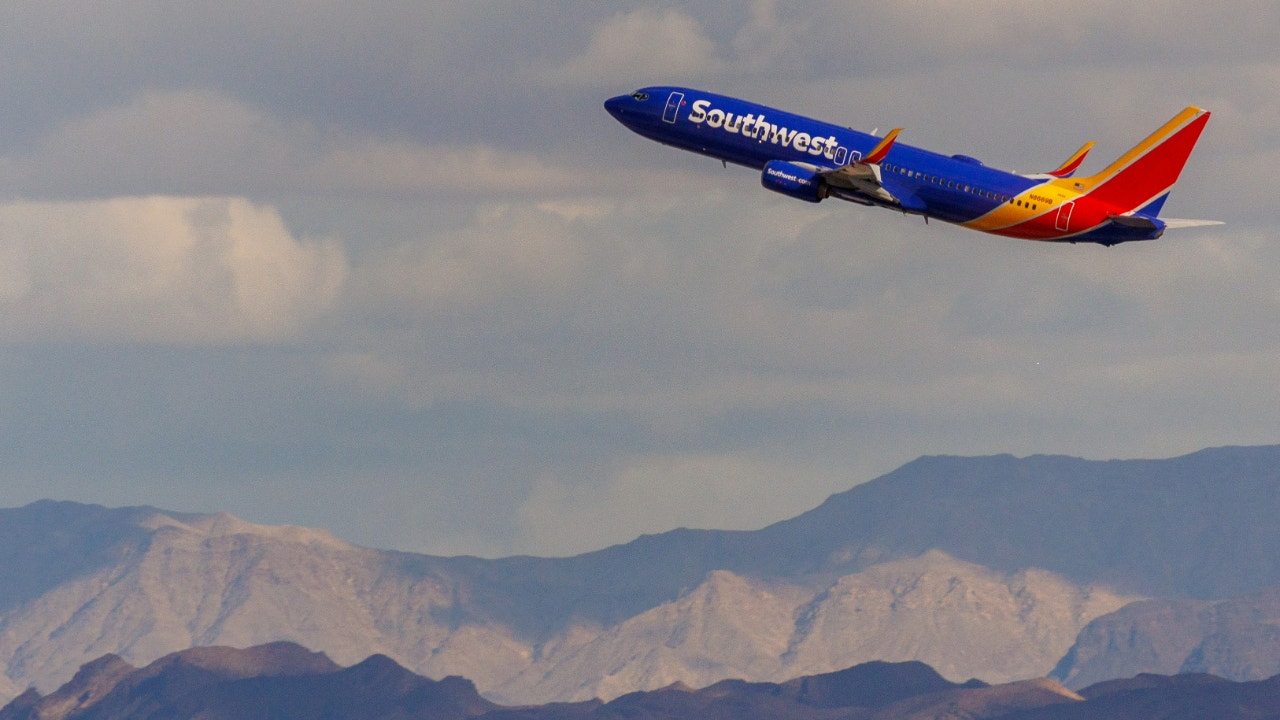President Donald Trump said Wednesday that reciprocal tariffs could be re-imposed within weeks.
“We have been ripped off by every country in the world practically. And friend and foe,” Trump said in the Oval Office Wednesday. “We’re not doing that anymore.”
Commerce Secretary Howard Lutnick said the administration has spoken with 90 countries looking to make trade deals with the United States so far.
“I think what’s going to happen is we’re going to have great deals. And by the way, if we don’t have a deal with a company or a country, we’re going to set the tariff,” Trump said. “That will happen I’d say over the next couple of weeks.”
TARIFF-INDUCED PRICE HIKES, TRADE WORRIES HIGHLIGHTED IN FED’S BEIGE BOOK
“We’ll be setting the number,” Trump said. “Could be for China too.”
Trump categorized the 145% tariff imposed against China as “very high” and said it could be eased, but “that depends on them.” But so far, Trump said the number stands.
“Right now, it’s 145%. That’s very high. It got there because of the fentanyl. They’re sending, you know, massive amounts of fentanyl into our country and killing a lot of people, probably 200,000 plus a year, wiping them out,” Trump said. “And somehow it’s made almost exclusively in China.”
Chinese Ministry of Commerce spokesperson He Yadong said Thursday that “there are absolutely no negotiations on the economy and trade between China and the U.S.,” according to CNBC’s translation from Mandarin. “If the U.S. really wants to resolve the problem… it should cancel all the unilateral measures on China.”
Chinese Foreign Ministry spokesperson Guo Jiakun also said Thursday afternoon that there were no ongoing talks with the U.S., CNBC reported, citing state media.
Trump said the tariff on China, as well as the 25% levies on Mexico and Canada, have gotten the U.S. from losing between $3 billion and $5 billion a day to “actually making money but breaking even.”
“We’re going to make a lot of money, and that money’s going to be used to reduce taxes,” Trump said.

TRUMP HINTS AT CUTTING CHINA TARIFFS ‘SUBSTANTIALLY’ FROM 145%
China earlier this week threatened “reciprocal countermeasures” to retaliate against countries that cooperate with the Trump administration’s calls to isolate Beijing.
Before the 145% tariff was implemented, Trump said China was doing $1.1 trillion in business with the U.S., while “we were doing very little, relatively, with them.”
“It basically means China’s not doing any business with us, essentially, because it’s a very high number,” Trump said. “It was one-sided, very one-sided. But we get along. I get along very well with President Xi. You know, we can make a deal. Otherwise, we’ll set a price and, hopefully, they’ll come here and they’ll contribute. And if they don’t, that’s OK.”
Beijing has already hit back against the United States by imposing 125% tariffs on U.S. imports and restricting critical mineral exports.

“China definitely wants to see the trade war deescalate, as it hurts both economies,” Yue Su principal economist, China, at The Economist Intelligence Institute, told CNBC. “However, due to the inconsistency of Trump’s policies and the lack of clarity around what he actually wants, China’s strategy has shifted from focusing on ‘what you need’ to ‘what I need.’”
“Their request for the U.S. to cancel ‘unilateral’ tariffs reflects that shift,” Su said.
“We also need to recognize that this is a ‘whatever it takes’ moment for China in terms of U.S.-China relations,” Su added. “I wouldn’t be surprised if China adopts a more hawkish stance if the U.S. continues to escalate tensions.”













